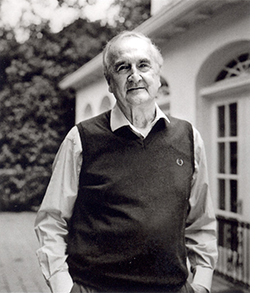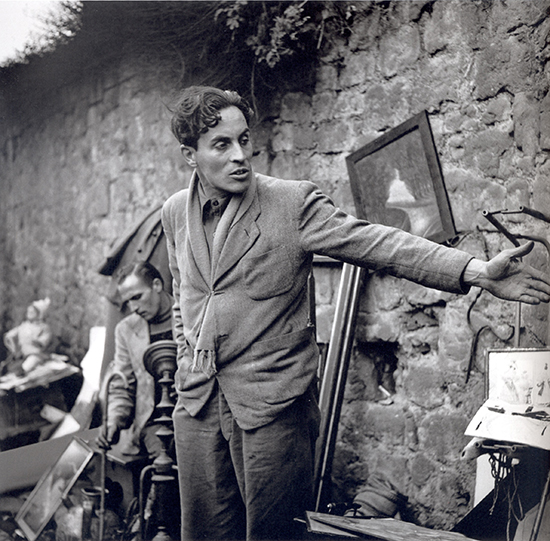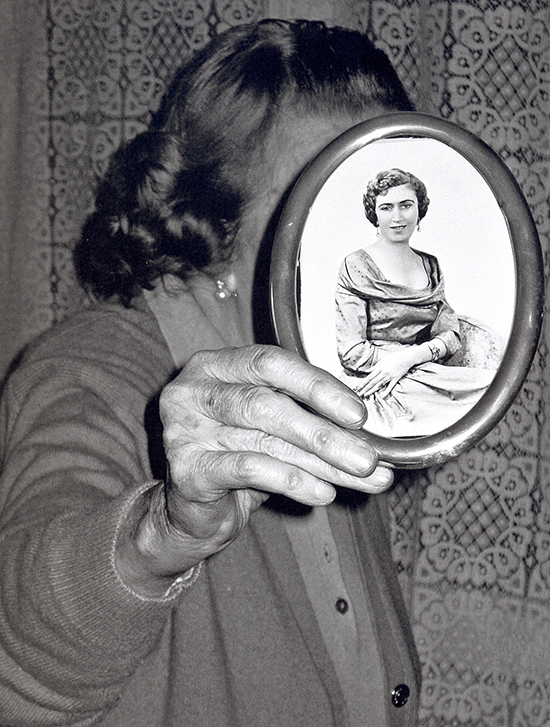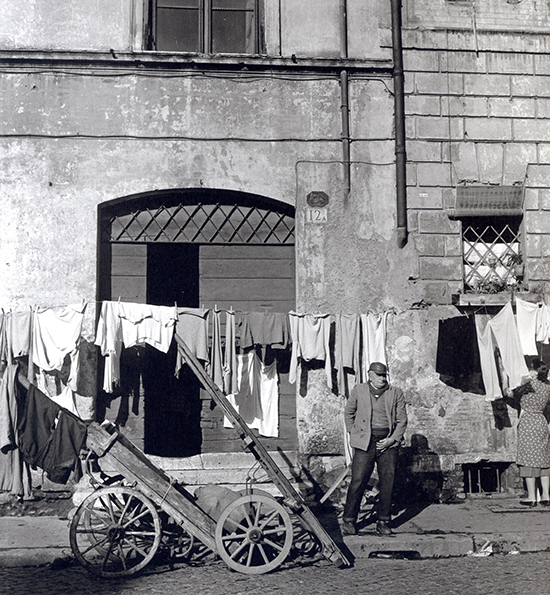News and views


Talmadge King Jr. 77MR
![]()
The road from Darien
 According to Google, it takes 40 hours to drive cross-country from Darien, the small Georgia town where Talmadge King Jr. 77MR grew up, to the campus of the University of California, San Francisco (UCSF).
According to Google, it takes 40 hours to drive cross-country from Darien, the small Georgia town where Talmadge King Jr. 77MR grew up, to the campus of the University of California, San Francisco (UCSF).
By coincidence, it's been 40 years since King completed his medical residency at Emory.
Across geography and time, he has carried the values learned from childhood on to UCSF, where he was named dean of the medical school and vice chancellor for medical affairs in 2015.
That's a long way from working in a hospital X-ray department in high school. Today King leads a top-ranked institution where faculty practice and teach at six area hospitals (Zuckerberg San Francisco General Hospital and Trauma Center among them). The faculty members include four Nobel Laureates. Students are immersed in a new curriculum that emphasizes developing clinical skills to continuously improve care, interdisciplinary teamwork, and social justice for vulnerable patients and communities.
In all, the school has 12,000 employees, a fact that King wrestles with daily.
"The biggest challenge for me is how to stay abreast of all the things that people think you should know about the business that you run," says King. "We're a large and diverse organization. But how do you keep everyone moving in the same direction and feeling that they are valued? How do you set up an organizational structure that values the one employee and all 12,000? You want them all to thrive."
King began his own journey with family encouragement and a drive to excel. His mother, a teacher, and his father, a business owner tapped by the county to serve as one of its first black police officers, expected their five children to go to college.
In high school, son Talmadge was a stand-out: valedictorian, president of his class and student body, best all-around athlete, and named "most likely to succeed." He went to Gustavus Adolphus College in Minnesota and medical school at Harvard. After graduation, King and his own family (his wife, Mozelle, and two young daughters) moved back to Georgia to begin his residency at Emory.
Study in caring
He was drawn to Emory by the prospect of caring for patients at Grady, Atlanta's sprawling public hospital, where he treated a challenging array of patients, including some who were reluctant to be seen by a black doctor.
"Overcoming these issues became a study in communication, honesty, familiarity, and caring," he says. "Once patients understood that I was well trained and that I cared about them, we got along fine and they frequently chose to continue their care in my clinic. We learned to understand each other."
King also discovered his affinity for critical care, lung diseases, and pulmonology, interests he traces back to childhood, when he shared a bedroom with a brother who, like their father, had asthma.
Emory's Willis Hurst, a pioneering cardiologist and popular mentor, encouraged King to pick a subspecialty and pointed him toward a pulmonology fellowship at the University of Colorado.
In Denver, King helped pioneer the evolving field of pulmonary and critical care medicine, primarily at National Jewish Health hospital, which treated patients with tuberculosis, asthma, and other lung and immunologic diseases.
King joined a group of researchers focused on the diagnosis and treatment of lung fibrosis. These were poorly understood orphan diseases, and it was difficult to interest the pharmaceutical industry in studying them. Fortunately, the collective efforts of clinicians and scientists led to two drugs—pirfenidone and nintedanib— that help patients by slowing the progression of their disease.
"We organized a strong research group and helped change the field by identifying and further characterizing different forms of the disease," King says. "Now the field has taken off, and one day we may find a cure for lung fibrosis."
In 1997, King left Denver to join UCSF as chief of medicine at San Francisco General, the city's safety net hospital. He jokingly refers to the change as a midlife crisis. Managed care was on the rise, which King saw as a threat to vulnerable patients seeking care.
"I still wanted to be in a public hospital," says King. "San Francisco General was a great mix of caring physicians and staff, with a commitment to finding answers to vexing problems faced by our most vulnerable citizens. Importantly, the hospital is extremely well supported by the community."
Empowering talent
King rose through the ranks in the UCSF Department of Medicine, serving as vice chair, interim chair, and then chair, a position he held for nine years before becoming dean. Topping his current to-do list is filling eight department chair positions.
"My strength is that I can handle process," he says of his leadership roles. "I try to stay even tempered and even keeled. I understand there are two sides to every story, and I try to listen. I also believe in trusting the people I work with and letting them do their jobs. I have a message on my desk, 'It's not about me.' "
The key to success, King says, is to keep people engaged and passionate about their shared mission. "My hope is that I leave UCSF better than I found it," he says, "and in a position to go even further both with new leadership and by empowering talent from the bottom up."—Pam Auchmutey
Emeriti: Where are they now?
 Physician, scientist, and photographer Mario DiGirolamo, professor emeritus of medicine at Emory, was born in Rome in 1934 to a family of doctors.
Physician, scientist, and photographer Mario DiGirolamo, professor emeritus of medicine at Emory, was born in Rome in 1934 to a family of doctors.
When he found a Rolleiflex camera in his father's desk drawer, he began capturing images of the city he called home—and then, as he came to New York City to do his medical residency at Columbia, scenes from there and other places he traveled.
"I take photographs because I like to take photographs." Mario DiGirolamo, professor emeritus
In 1968, he and his family moved to Atlanta, where he joined Emory's faculty in the School of Medicine, first in the division of endocrinology then in geriatric medicine and gerontology. He won teaching awards, writing awards, research awards, fellowships, and other honors. But he kept taking photos, all the while. His first solo exhibition was at Emory's Shatten Gallery. Since then, he has had other shows and exhibits, and has published two books of his images— Sun and Shadow and Visione. For more, go to mariodigirolamo.com.



![]()
Are you doing interesting work in, say, rural Kentucky, New York City, Jakarta, or Taipei? Let us know where you are and what you're doing with a quick email (and photo!) to the editor: mary.loftus@emory.edu.





